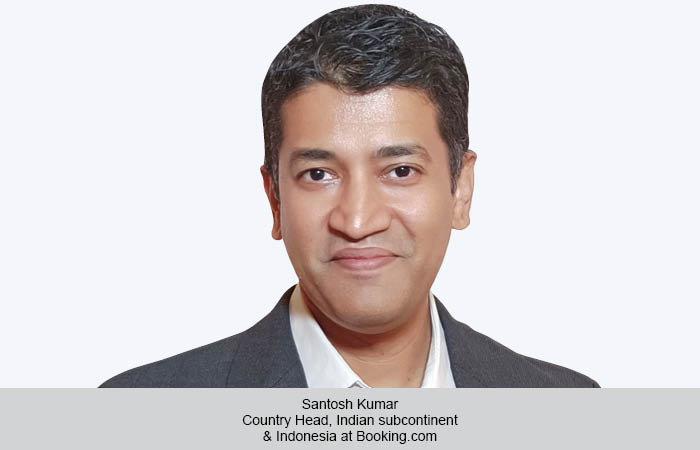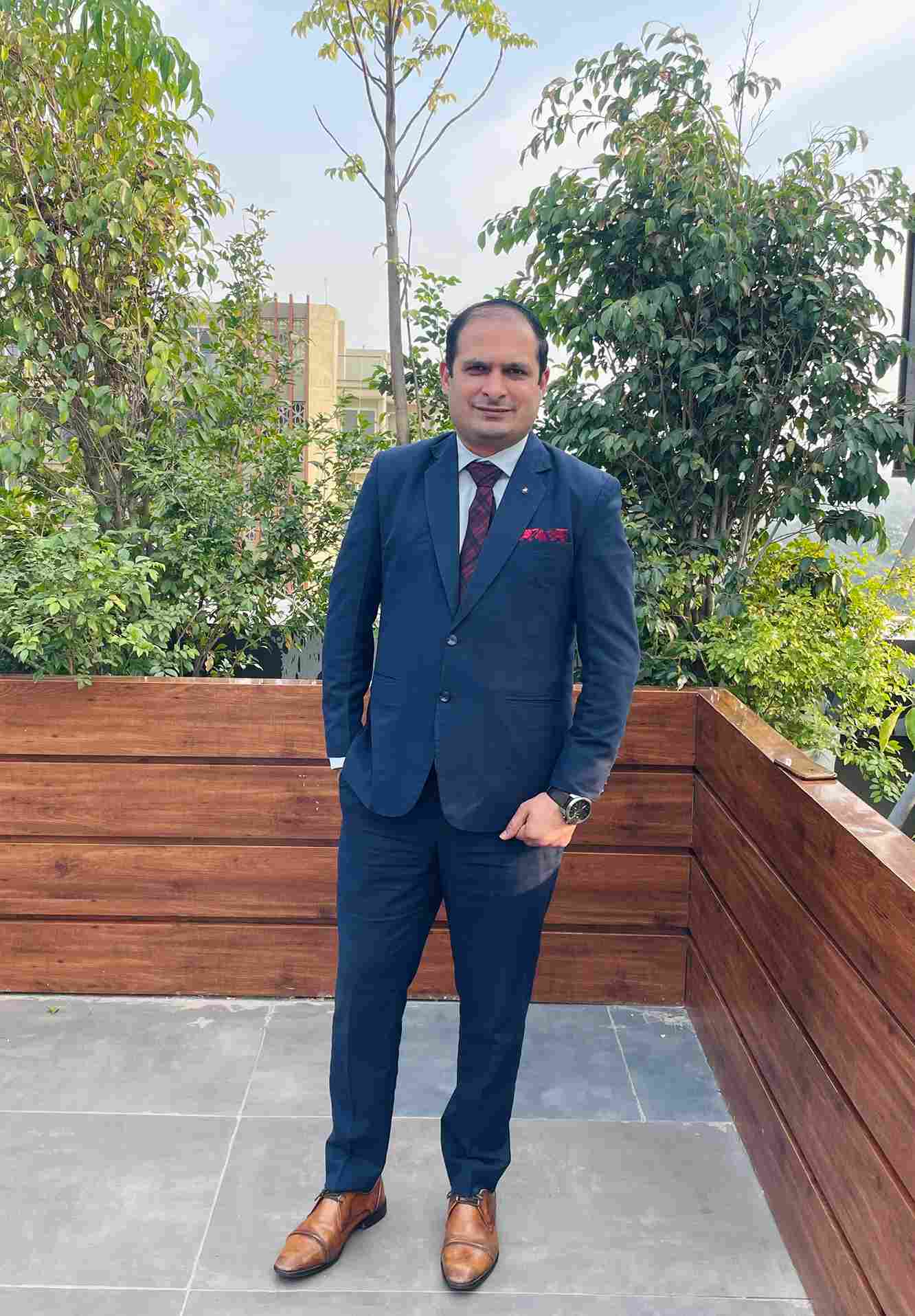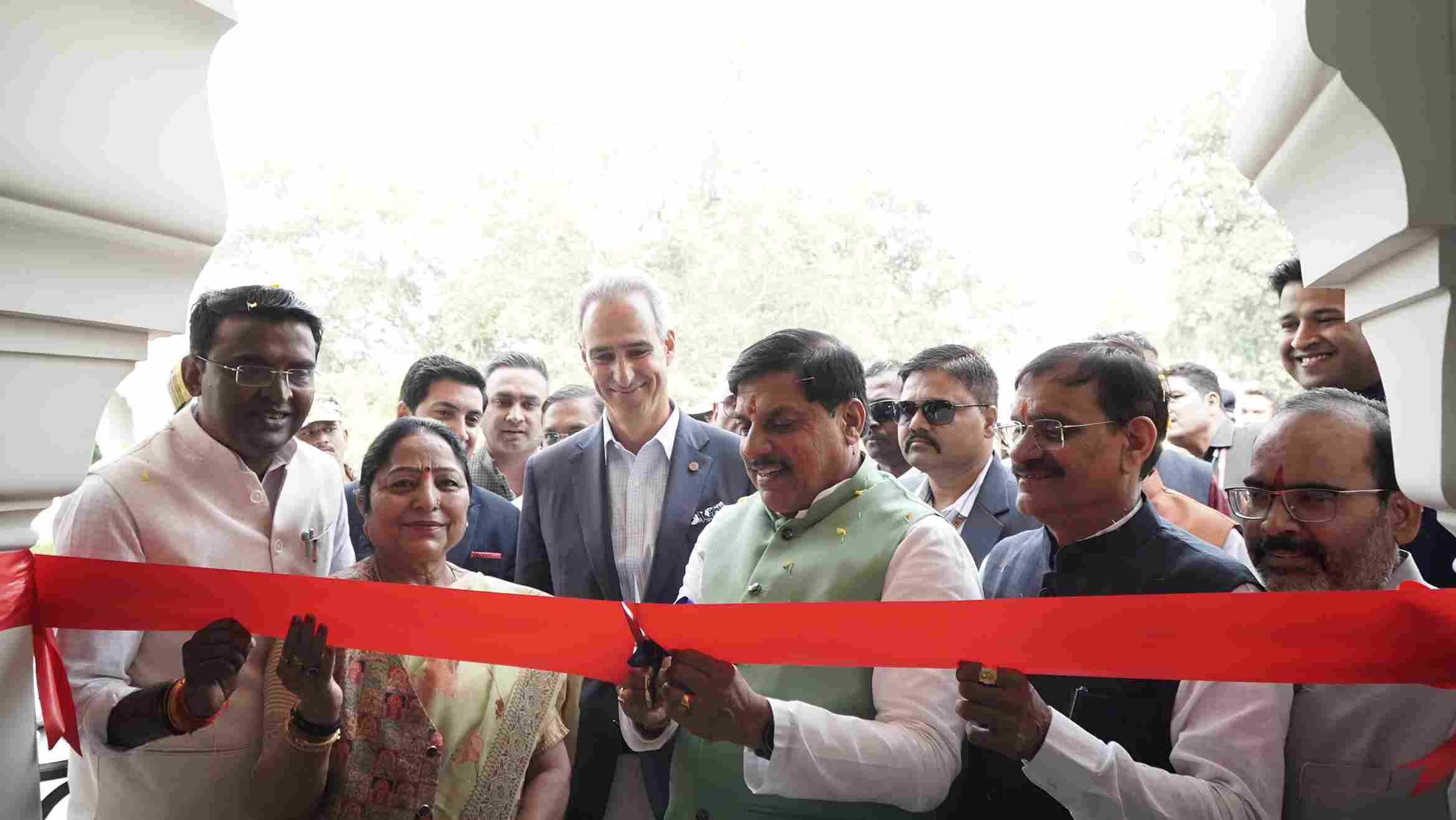Santosh Kumar, Country Head, Indian subcontinent & Indonesia, Booking.com, speaking at the launch of ‘How India Travels 2024 – The Inbound Edit’ report, underlines that they are taking bold steps in sustainable tourism and prioritising third-party certifications allowing eco-conscious travellers’ choice of sustainable accommodations.
Surbhi Sharma
Giving a brief about ‘How India Travels 2024 – The Inbound Edit’, Santosh Kumar, Country Head, Indian subcontinent & Indonesia at Booking.com, said that India’s inbound tourism sector is experiencing unprecedented growth. “This is also reflected in India’s 39th rank on the World Economic Forum’s 2024 Travel & Tourism Development Index, up from 54th in 2021,” he underlined.
Growth in Indian tourism
India’s inbound tourism is experiencing rapid growth. The report highlights, in 2023, more than 9 million foreign tourists visited, resulting in a surge in Foreign Exchange Earnings (FEEs) and propelling the country’s global rankings. A significant 17.6 per cent rise in FEEs brought in $15.3 billion in the first half of 2024, emphasising the industry’s powerful recovery. The influx of international visitors is catalysing the local economy, potentially generating 58 million jobs by 2033. With tourism projected to contribute approximately $512 billion to India’s GDP by 2028, a substantial increase from 2023, the industry exhibits robust recovery and growth trajectory.
Inbound travel trends
According to the report, 52 per cent of inbound travellers are selecting India as a standalone destination while 22 per cent intend to combine their visit with other Asian countries. This trend highlights India’s growing role as both a primary destination and stopover in regional travel plans. While major cities like Delhi, Mumbai, Bengaluru, Jaipur and Chennai remain popular and have consistently ranked as the top five cities in terms of searches, less conventional destinations are gaining traction. Off-the-beaten path destinations like Hampi and Leh rising in popularity, showcasing India’s diverse tourism offering. Other emerging destinations like Patnitop, Pahalgam, Madikeri, Vijayawada, and Khajuraho among others have shown a 2X or more year-on-year growth.
New source markets
The US, UK, Germany and UAE have emerged as top inbound source markets for India based on Booking.com search data as compared to 2023. Hong Kong, Australia, Italy and Netherlands were new entrants in the top 10 inbound source markets.
Repeat visits
Nearly 44 per cent of inbound travellers have experienced India and want to visit it again. 40 per cent are eager to explore India for the first time. Travellers aim to explore multiple destinations within India.
The rise of digital traveller: India’s inbound tourism has evolved rapidly since 2019. Travellers are now seeking more personalised and flexible experiences with online platforms playing a crucial role. 52 per cent of travellers prefer to book complete travel packages, while 40 per cent opt to book individual components separately.
Challenges & opportunities
Survey responses indicate that limited customisation options (49 per cent), lack of bundled packages that combine flights, accommodation and activities into a seamless travel experience (51 per cent) and information overload (43 per cent) can hinder traveller experiences. Many international travellers also seek personalised itineraries and seamless travel planning but find it difficult to achieve. These challenges open great opportunities for the industry to come together and improve personalisation and expand digital resources.
Tech updates
Sharing technology related updates, Kumar said that Artificial Intelligence (AI) is one of the biggest focused areas at Booking.com and the company has been using AI in its operation for long. However, now it is being used on the consumer side for content moderation as well through features like AI trip planner and AI Chatbot to help them search and discover new destinations better.
Sustainability commitment
To make sustainable travel choices more accessible, the company has focused on incorporating more authorised sustainability certifications into their programme. “Given the size and fragmentation of the travel industry, we are making gradual progress, but there is still much to be done. We are optimistic that in the coming years, we could expand our coverage of genuine sustainability certifications globally,” Kumar concluded.
 TravTalk India Online Magazine
TravTalk India Online Magazine





